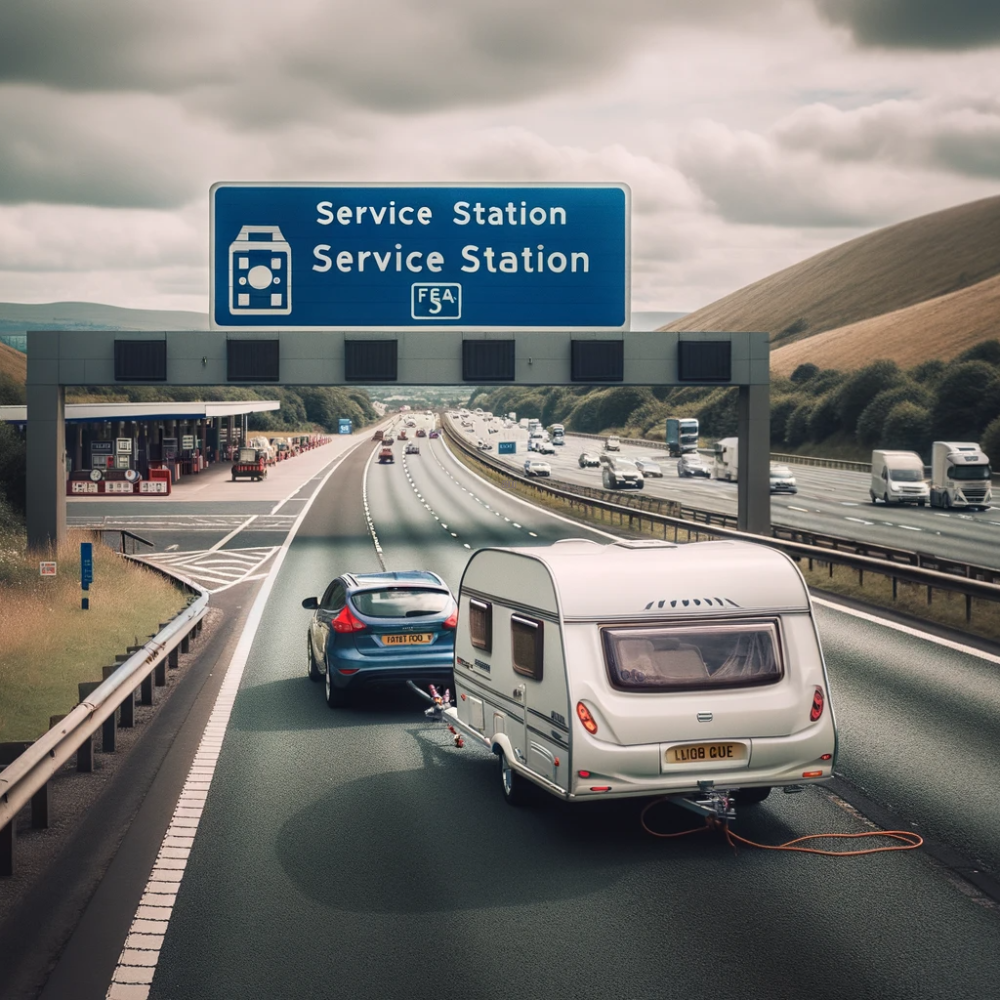Understanding Tiredness on the Road
Introduction
As exhilarating and liberating as it can be, road travel, especially when it involves a caravan, requires a specific set of skills and awareness. Among the many elements that can make or break the road-trip experience, managing tiredness stands paramount. Deceptively simple yet critically important, understanding the consequences of fatigue on the road, and the significance of breaks and quality sleep can ensure a safe and enjoyable journey.
Understanding Driver Fatigue: The Silent Hazard
Driver fatigue, often underestimated, is a significant risk factor in many road accidents. A study by the Royal Society for the Prevention of Accidents (RoSPA) revealed that driver fatigue could be a contributing factor in up to 20% of road accidents and even up to 25% of fatal and severe accidents[^1^]. The effects of fatigue are far-reaching. It can slow reaction time, decrease awareness, impair judgment, leading to a substantially increased risk of crashes.
Furthermore, factors such as the lack of quality sleep, monotonous driving environments, driving at times when you would usually be asleep, and certain medical conditions such as sleep apnoea can contribute to driver fatigue.
The Importance of Regular Breaks: Recharging for the Road
Regular breaks, though sometimes seen as a disruption to the journey, are a necessity when travelling long distances. Following the recommendations of the Highway Code, drivers should take a minimum break of at least 15 minutes after every two hours of driving[^2^].
Breaks provide an opportunity to rest, refresh, and restore concentration levels. They help to prevent the onset of fatigue and keep the driver alert. During these breaks, activities such as walking or stretching can help combat the stiffness and lethargy caused by prolonged sitting. Moreover, keeping hydrated and eating light, healthy snacks can aid in maintaining energy levels and focus.
The Power of Sleep: Ensuring Rest for the Road
Sleep, often compromised in the excitement of a road trip, is essential to safe driving. The National Sleep Foundation recommends adults aim for at least 7 to 9 hours of sleep per night[^3^].
For caravanners, quality sleep can directly influence their journey's safety and enjoyment. In this context, the role of a quality caravan mattress cannot be overstated. A comfortable and supportive mattress can enhance the quality of sleep, ensuring the driver wakes up refreshed and ready for the journey ahead.
Strategies to Combat Driver Fatigue
- Plan Your Journey: Carefully plan your journey factoring in regular breaks and overnight stops if necessary. Try not to drive for more than 8-10 hours a day.
- Stay Hydrated and Eat Healthy: Drink plenty of water and eat light, nutritious meals and snacks. Avoid heavy meals that can lead to lethargy.
- Switch Drivers: If possible, share the driving responsibilities with others to ensure each driver can rest.
- Invest in a Quality Caravan Mattress: Prioritise sleep quality for all on board. A good night's sleep is essential for safe travel.
- Listen to Your Body: If you're feeling tired, don't push through. Find a safe place to pull over and rest or take a nap.
FAQs
- What are some symptoms of driver fatigue? Symptoms can include frequent yawning, heavy eyelids, varying vehicle speed for no reason, missing traffic signs, difficulty maintaining the correct lane, and slower reaction times. It's essential to recognise these signs and respond appropriately.
- What can I do if I feel drowsy while driving? If you feel drowsy while driving, the best course of action is to pull over safely and rest. Consider taking a short nap of 15-20 minutes. If you're near a service station, you could grab a light refreshment or take a short walk.
- How can I ensure I get good sleep in my caravan? Invest in a quality caravan mattress that suits your comfort preferences. Maintaining a cool, quiet and dark sleeping environment can also enhance sleep quality. If possible, maintain a consistent sleep schedule.
- Is it safe to drive at night? Driving at night can be more dangerous due to reduced visibility and increased likelihood of fatigue. If you must drive at night, make sure to take regular breaks, and don't push yourself to drive if you're feeling tired.
Conclusion
Understanding and managing tiredness on the road is crucial for safe and enjoyable caravanning adventures. It's essential to listen to your body and take the necessary measures to ensure fatigue doesn't compromise your journey's safety. After all, the charm of caravanning lies in the journey as much as the destination.

